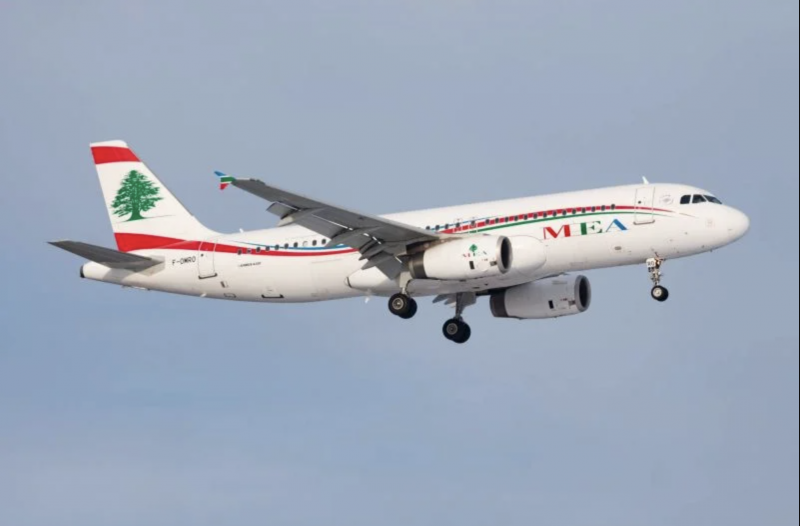
Between Middle East Airlines management and the pilots, dialogue remains the order of the day. (Credit: Illustration photo Bigstock)
The unprecedented economic crisis plaguing the country did not spare Lebanon’s Middle East Airlines, where salaries are currently reduced to half of what they were worth before 2019.
About 15 of MEA’s 190 pilots and co-pilots requested and received a year’s unpaid leave a few months ago in a bid to join Arab, European and American airlines, which offer them much better salaries.
Contrary to recent media reports, “none of them has resigned,” MEA management and president of the pilots’ union, Ehab Salame, told L’Orient Today.
L’Orient Today tried to reach out to the concerned pilots to find out exactly what is driving some of them to leave, but they were reluctant to comment.
Fadi Khalil, a member of the Lebanese Pilots’ Association Union, spoke on their behalf.
“With the sharp depreciation of the local currency, many aviators are no longer satisfied with their salaries, because they do not correspond to their great responsibilities and the stressful conditions of their work,” he said.
“Yet, since the international aviation market has recovered after the COVID-19 pandemic, Lebanese pilots are being offered salaries of up to $20,000 per month abroad,” Khalil added.
On the MEA management side, Captain Ahmad Mansoor, chief operating officer, said the company has been making efforts to revalue salaries.
Giving the example of the evolution of an experienced pilot’s salary, he explained that “before the financial crisis, a (senior) captain was paid $14,000, half in dollars and half in Lebanese lira.”
“With the onset of the crisis, we continued for two years to pay a monthly check for $7,000 in dollars (first at LL3,900 and then at LL8,000),” he added.
“The $7,000 in local currency had almost lost all their value. After a gradual revaluation over the past seven months, a pilot of the same caliber earns $7,000 in fresh dollars, plus the other half of the salary, which is still in pounds," Mansoor said.
According to L'Orient Today's information, the MEA pilot now earns an average of $5,000 a month.
While airline tickets sold by the company are denominated in dollars, Khalil wonders: “Why shouldn’t the pilots’ salaries also be paid in foreign currency?”
“All our expenses, such as aircraft maintenance costs, rights of transit passage over foreign airspace must be paid in foreign currency. Not to mention that, like other companies, the MEA cannot withdraw the money it has in the banks,” Mansoor explained.
Departure of skills
Talks between MEA’s management and pilots are still ongoing.
“We are working to improve the situation: salaries will continue to be raised as long as the air transport sector continues to recover,” Mansoor said.
As for Khalil, he said, “We will continue to communicate with officials, whom we urge to implement these improvements at a faster pace.”
He spoke of a meeting with MEA President, Mohammad al-Hout, during which the pilots’ representatives assured him of their commitment and loyalty to the company, sharing, however, their concerns about the departure of highly experienced and highly competent staff.
Mansoor said that aviation training for Lebanese pilots has not been impacted by the economic crisis or the coronavirus pandemic.
“Even if the number of flights has decreased due to the circumstances, flight simulation training has continued, as well as proficiency tests,” he noted.
These undisrupted trainings allowed Lebanese pilots to land jobs abroad, while many foreign aviators have lost their license particularly for not having completed enough flight hours and for lack of training.
In addition to the 15 pilots currently on unpaid leave, several others have requested a year off to try their luck with foreign companies — something the MEA manager is not willing to grant permission for given that the summer season appears to be flourishing.
“Many expatriates and tourists are expected until September 15, so the number of flight hours will multiply,” Mansoor said, adding, “We therefore need more people … Three or four co-pilots could however benefit from leave.”
This article was originally published in French on L'Orient-Le Jour. Translation by Sahar Ghoussoub.